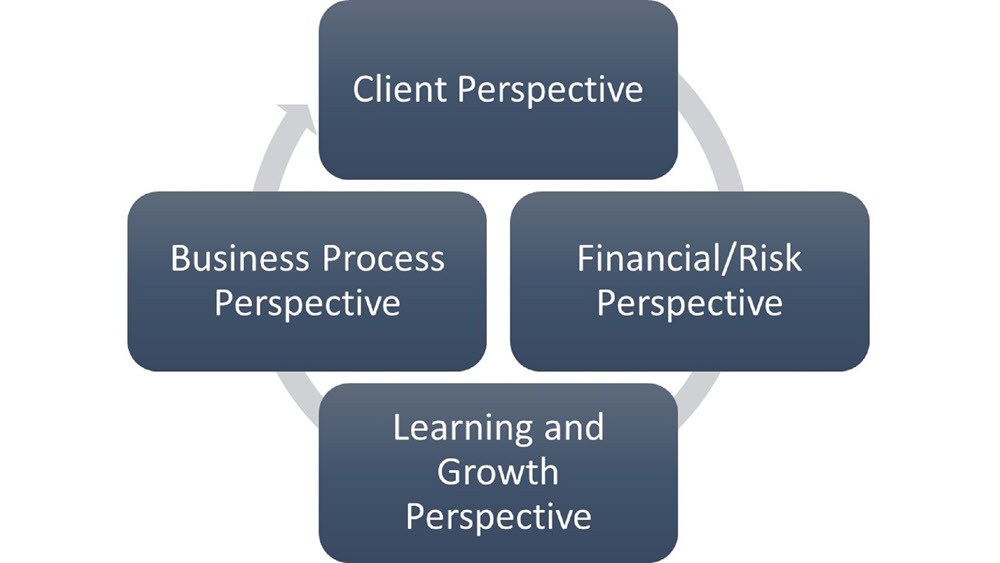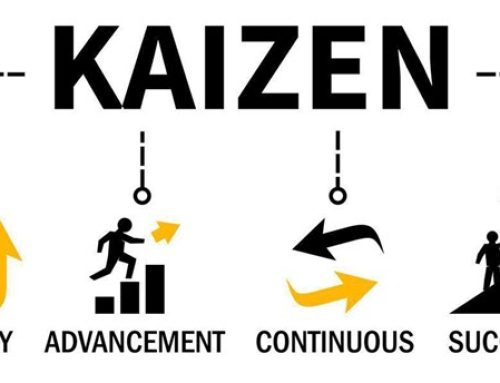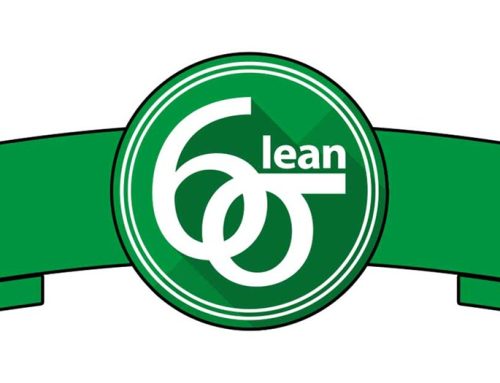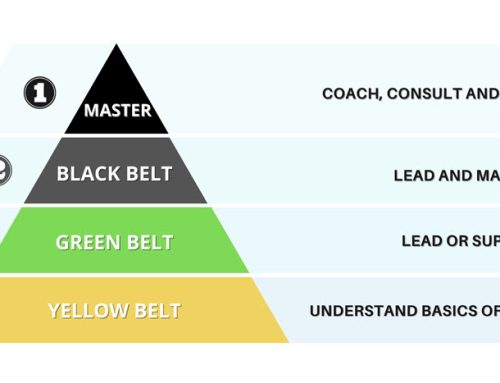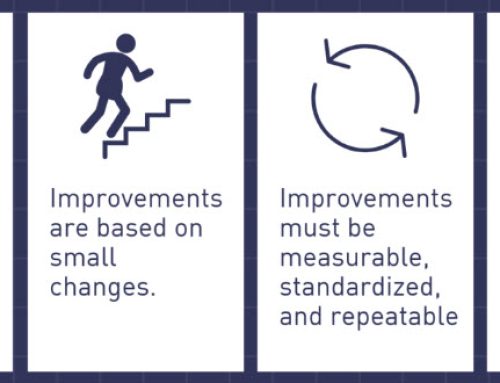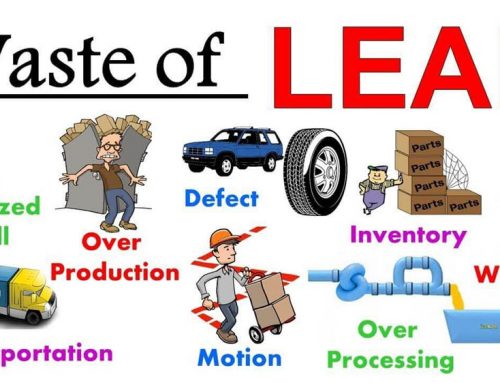Basically, a balanced scorecard is a management system. We can say it is an approach of watching over at our organization that emphases on that big-image strategic goals. It facilitates at making a decision about the accurate things to be measured with the purpose of accomplishing those goals. Balanced scorecard is used for measuring and delivering feedback to business establishments.
Parts of a Balanced Scorecard for Manufacturing
A balanced scorecard is used to observe and strengthen good conduct in an organization by means of dividing four distinct parts that have to be evaluated. These four different parts are known as legs as well comprising of learning and growth, business processes, customers, and finance.
Learning and growth
The first part of learning and growth are evaluated by analyzing the training and knowledge resources. It deals with how well information is taken and its effectiveness on employees when that information is utilized by them and transformed into a competitive edge over the industry.
Learning business processes
Internal business processes are assessed by examining the way in which products are being manufactured. An investigation of the operational management is conducted to identify any interruptions, gaps, blockages, deficiencies, or left-over. This part observes how smoothly and efficiently an organization is running its business. It focuses on decreasing waste, moving things up in a fast pace and producing more output with minimum input.
Customers
Customer perspectives are collected to gauge customer satisfaction with quality, price, and availability of products or services. Customers provide feedback about their satisfaction with current products. The customer perspective focuses on the people who actually buy your products and services. Customer satisfaction is a great forward-looking indicator of success. The way you treat your customers today directly impacts how much money you’ll make tomorrow.
Finance
In the fourth perspective of a balanced scorecard related to finance, we utilize financial data like sales, expenses and income in order to know about the financial performance of the business. These financial measures may consist of cash amounts, budget differences, financial ratios, or profits goals. Just for the reason that we’re having a balanced approach at our company doesn’t imply that we will pay no attention to conventional financial metrics. In the balanced scorecard the case is contrasting as the financial outlook is a key focus. The financial strength of a business can be a lagging sign presenting the outcome of former choices; however, it still holds high significance. Money is important for keeping a business alive, and the financial view emphases exclusively on that perspective.
Using Balanced Scorecard for Manufacturing
The balanced scorecard for manufacturing is utilized to accomplish initiatives, objectives, and goals that are caused by these four key purposes of a business entity. Business establishments can classify factors hampering company performance and shape strategic modifications without difficulty followed by forthcoming scorecards. The balanced scorecard can offer information regarding the overall organization when observing organization objectives. The balanced scorecard can be used by a business for enforcing strategy mapping in order to observe where value is increased. An organization can use a balanced scorecard to develop strategic actions and objectives as well.
Furthermore, in the initial years of the balanced scorecard all four viewpoints were presented as being self-determining of the other perspectives. But people started to learn over time that these four views influence each other in unexpected ways. It becomes apparent that it counts a lot that how we order the four of them. If the employees of an organization are well-trained and then form a culture of information sharing (Learning and Growth), they’ll make the organization work more easily (Internal Business Processes). A business which is running smoothly offers enhance care for the customers (Customer), and pleased customers purchase more of what a business is selling (Financial).
Organizations must clearly communicate goals intended for quality, time, performance and service for using a balanced scorecard in work and transform these goals into specific measures after that. Measures are the concluding elements of a balanced scorecard. All strategic objectives must possess one or more than one mechanism that can be measured for evaluating its performance. Moreover, goals are required for these measures and they must be measured on a schedule regularly. Instead of control the scorecard places strategy and vision at the center.

